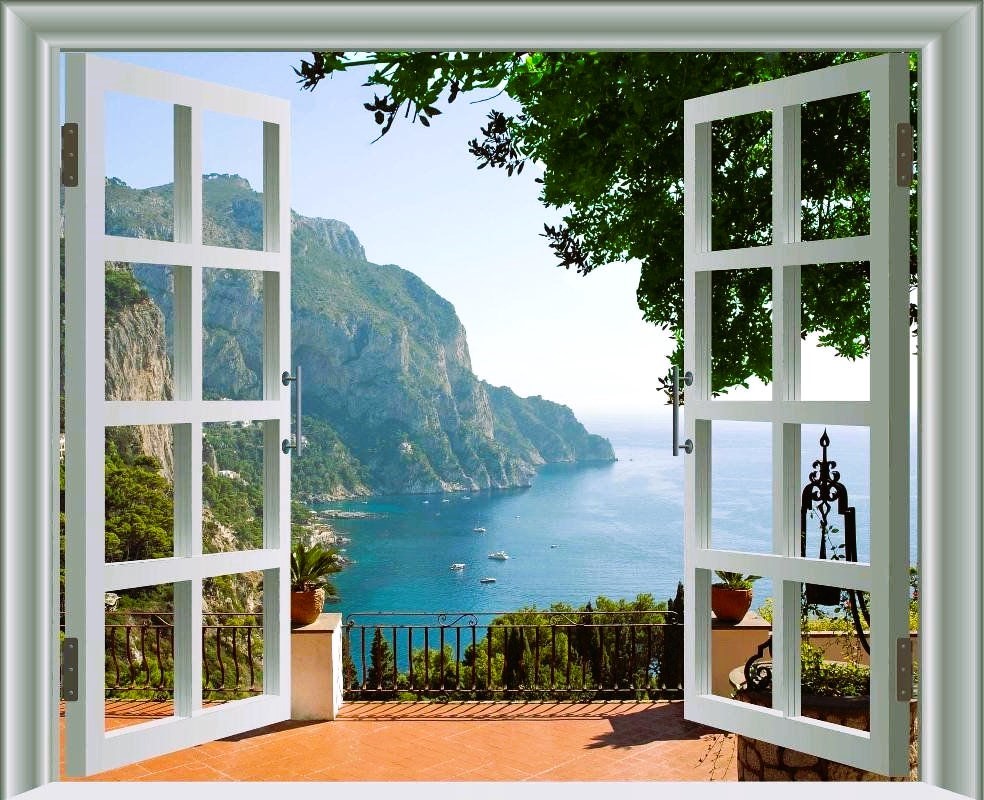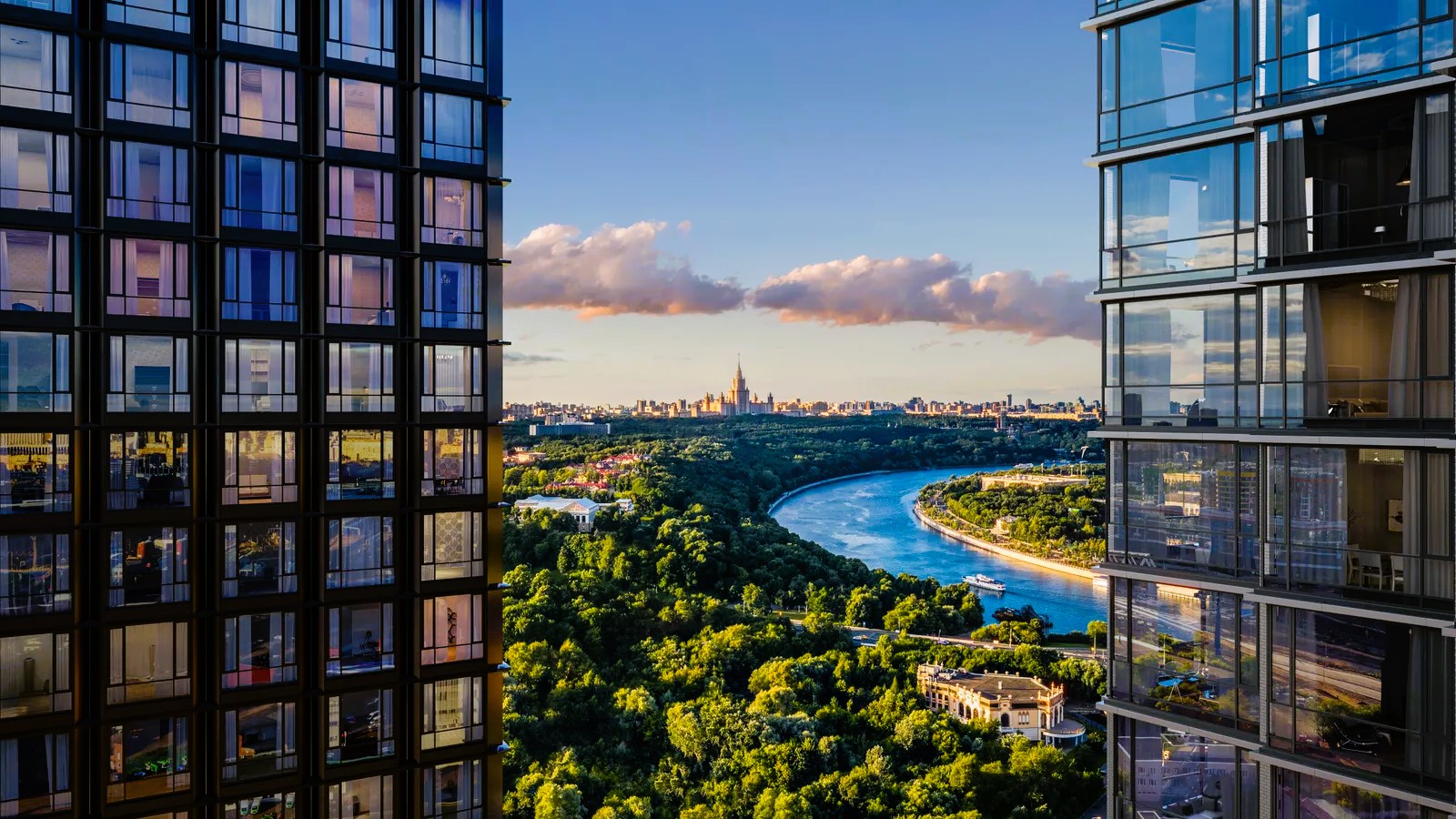Windows are more than just openings in walls; they offer a connection to the world outside and can significantly impact our psychological well-being. The views we have from our windows can influence our mood, productivity, and overall sense of relaxation. In this article, we will delve into the psychological effects of window views on productivity and relaxation, exploring how the sights we see through those panes of glass can shape our daily lives.
Productivity and Window Views
The relationship between window views and productivity has been a subject of interest for researchers and designers alike. Here are some ways in which window views can affect productivity:
- Natural Light: Windows provide access to natural light, which has been shown to improve alertness and focus. Exposure to natural light during the day helps regulate our circadian rhythms, enhancing wakefulness and reducing drowsiness.
- Biophilic Connection: Biophilia is the innate human tendency to seek connections with nature. Window views that offer glimpses of greenery, trees, or water can invoke this connection, leading to improved cognitive function and creativity.
- Stress Reduction: Views of natural landscapes, such as parks or gardens, have been linked to reduced stress levels. The calming effect of nature can help individuals manage work-related stress more effectively.
- Restorative Breaks: Having a pleasant view from a window can encourage individuals to take short breaks and gaze outside. These “microbreaks” can help recharge cognitive resources and improve overall work performance.
- Inspiration: Window views can inspire creativity and problem-solving. Observing changing weather patterns, wildlife, or urban scenes can trigger new ideas and perspectives.
- Privacy Considerations: While natural views can be beneficial, it’s essential to balance them with privacy concerns. The placement and design of windows should consider both the benefits of natural light and the need for privacy in workspace environments.
Relaxation and Window Views

Windows also play a crucial role in our ability to relax and unwind. Here’s how window views contribute to relaxation:
- Nature’s Tranquility: Views of natural landscapes, whether it’s a serene forest, a tranquil lake, or a beautiful garden, have a calming effect on the mind. They offer a respite from the stresses of daily life.
- Sensory Engagement: Window views provide sensory engagement with the outside world. The sights, sounds, and sometimes even smells from the environment outside can create a multisensory experience that promotes relaxation. You can read about how windows can create a quiet home in our article about sound insulation.
- Connection to Outdoors: Access to window views allows individuals to feel connected to the outdoors, even when they are inside. This connection is particularly valuable in urban environments where green spaces may be limited.
- Stress Reduction: Just as window views can enhance productivity by reducing stress, they also contribute to relaxation by creating a soothing environment. Views of natural elements can lower heart rate and cortisol levels, promoting a sense of calm.
- Daylight Exposure: Exposure to natural light through windows during relaxation periods can help regulate the body’s internal clock and improve sleep quality. It’s essential for maintaining a healthy sleep-wake cycle.
Design Considerations for Window Views
Architects and interior designers often consider the psychological effects of window views when planning spaces. Here are some design considerations:
- Window Placement: The placement of windows should be strategic to capture desirable views while maintaining privacy and energy efficiency.
- Framing: The design of window frames can enhance or detract from the view. Minimalist frames and large panes of glass can maximize the visual connection to the outdoors.
- View Selection: When possible, select views that offer a balance between natural elements and urban surroundings. The view should align with the intended purpose of the space.
- Window Coverings: Consider window coverings that allow for flexibility in controlling the amount of light and privacy. Blinds, shades, and curtains can be adjusted to suit the desired atmosphere. Link to Wikipedia – Window
Conclusion: Harnessing the Power of Window Views
Window views are not merely passive aspects of architecture; they are powerful tools that can influence our well-being. Whether you’re in a workspace seeking enhanced productivity or in a relaxation space aiming for tranquility, the views outside your window can be harnessed to create the desired atmosphere.
Incorporating elements of nature, natural light, and thoughtful design can maximize the psychological benefits of window views. As we continue to explore the relationship between our built environments and our mental well-being, the importance of windows and their views will undoubtedly remain a significant area of focus for architects, designers, and individuals seeking to create harmonious and productive spaces.

